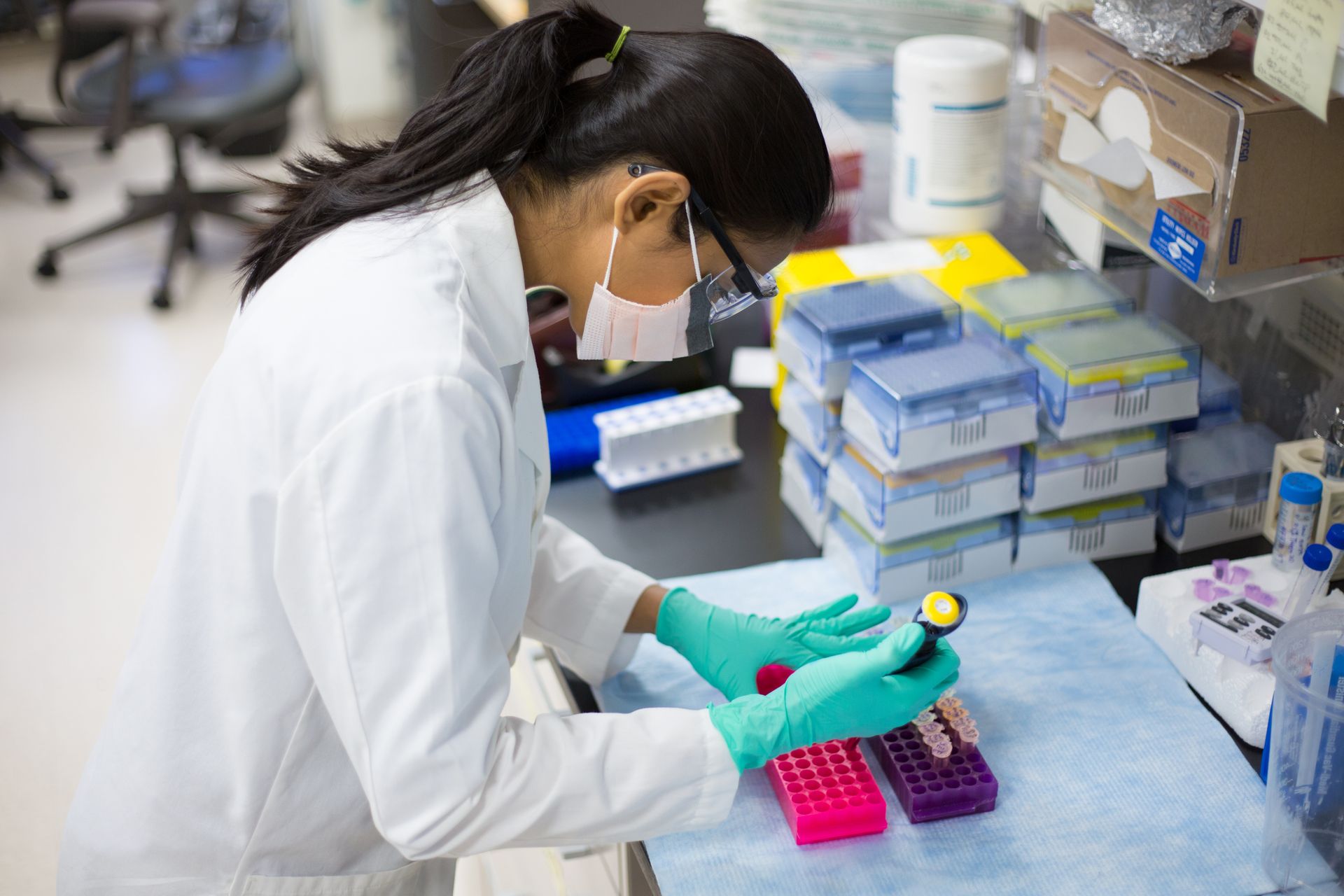Can Regulatory Affairs Work from Home?
Can Regulatory Affairs Work from Home?
The field of regulatory affairs is growing since regulatory specialists are in charge of ensuring that products and other substances, such as medications, are safe and effective for people to consume. Someone in this type of position needs to have excellent critical thinking skills and a working knowledge of product information and the regulations that govern each product.
What is a Regulatory Specialist?
A regulatory specialist is basically an expert who is in charge of monitoring every aspect of the production of food as well as medical products, along with many others. When it comes to any new medicines, medical equipment, or other products, they must be approved by a regulatory specialist before they are made available to the public. A regulatory specialist has to be able to ensure that these types of products are safe for consumption and that they are effective in doing what they are purported to do. To do their jobs properly, regulatory specialists create and then maintain the rules and regulations for a variety of different products and procedures in producing these products.
regulatory specialists are needed in a variety of different industries, such as pharmaceutical companies, food science research facilities, and biomechanical companies. This is an extremely important position since regulatory specialists work to improve the well-being of everyone in the public while also ensuring that companies meet certain standards before releasing their products to the public.
Can Regulatory Affairs Work from Home?
A regulatory affairs position requires that the candidate hold a bachelor's or master’s degree, preferably in a science field, such as biology, chemistry, pharmacy, or any other related field. The candidate should also have strong writing skills and critical thinking skills while paying close attention to detail to be successful in a position as a regulatory affairs specialist.
While many regulatory affairs specialists work at companies and government organizations in a traditional role in which they are on-site, there are positions available in which regulatory affairs specialists can do their job remotely. This means they could work from anywhere at any time, including working from home.
How Do I Learn Regulatory Affairs?
To learn regulatory affairs, there are several main steps that a person can take to prepare for a career in this growing and lucrative field.
First of all, a person must gain that knowledge, skills, and experience in the type of industry in which they would like to work as a regulatory affairs specialist. He or she will need to learn the rules and regulations that apply to the specific products in that area as well as learn how to apply those rules and regulations in that type of company or government organization. It is helpful if a person who wants to enter the field of regulatory affairs becomes a member of a regulatory affairs organization.
Most regulatory affairs employment opportunities will require candidates to have at least a bachelor's degree in some type of science or healthcare field. Most people that become regulatory affairs specialists have already earned at least an undergraduate degree in areas such as clinical sciences, public health, or engineering. There are others in the field who have a business and economics background or even a liberal arts education.
It is also helpful if a person who wants to enter into her career as a regulatory affairs specialist gains experience in an area of the field that they are interested in. Nearly 75 percent of regulatory affairs specialists work in fields that are closely related to rules and regulations, such as quality assurance, quality control, laboratory sciences, research and development, engineering, pharmacy or pharmacology, and clinical research.
There are several paths in a variety of different fields in which people can build a foundation of experience if they are interested in a career in the field of regulatory affairs. Some of these include chemistry, biology, clinical research, microbiology, English, nursing, engineering, clinical research, and even computer science.
How Do I Become a Regulator?
There are several ways in which a person can become a regulatory affairs specialist, also referred to simply as a regulator.
First of all, it's important for the person to obtain at least an undergraduate degree and it is even more helpful if that degree is in some sort of scientific areas, such as chemistry, biology, or even nursing. It is even more helpful if the person gains an advanced degree, such as a Master of Science degree in regulatory science or clinical resource management.
It is also very helpful if a candidate for a regulatory affairs position not only holds a degree but has experience working in the field in which they are applying 4. For example, a person may work for a pharmaceutical company and then decide to apply for a regulatory affairs specialist position in the area of pharmacology.
What are QA and RA?
Although a regulatory affairs position and a position in quality assurance are very similar and are sometimes hard to distinguish, there are some major differences. A regulatory affairs specialist works in an industry or government agency to oversee the development of a variety of products and to ensure they are tested, manufactured, and marketed properly before they are released to the public.
When it comes to quality assurance, it will be a person's job to ensure that the company's products meet quality standards before they are distributed to be purchased by the public. These quality standards can be issued by the company in which the person works as well as the safety standards that have been put in place by local, state, national, or international government agencies. On the other hand, regulatory affairs specialists are more concerned with ensuring that the products that are being produced comply with government regulations.
Contact Us
For anyone wishing to begin a career in regulatory affairs or for someone looking to advance their career in this growing field, Fladger Associates is available to assist job candidates in securing a position as a regulatory specialist. Contact us today to get started on your career path in the world of regulatory affairs.










